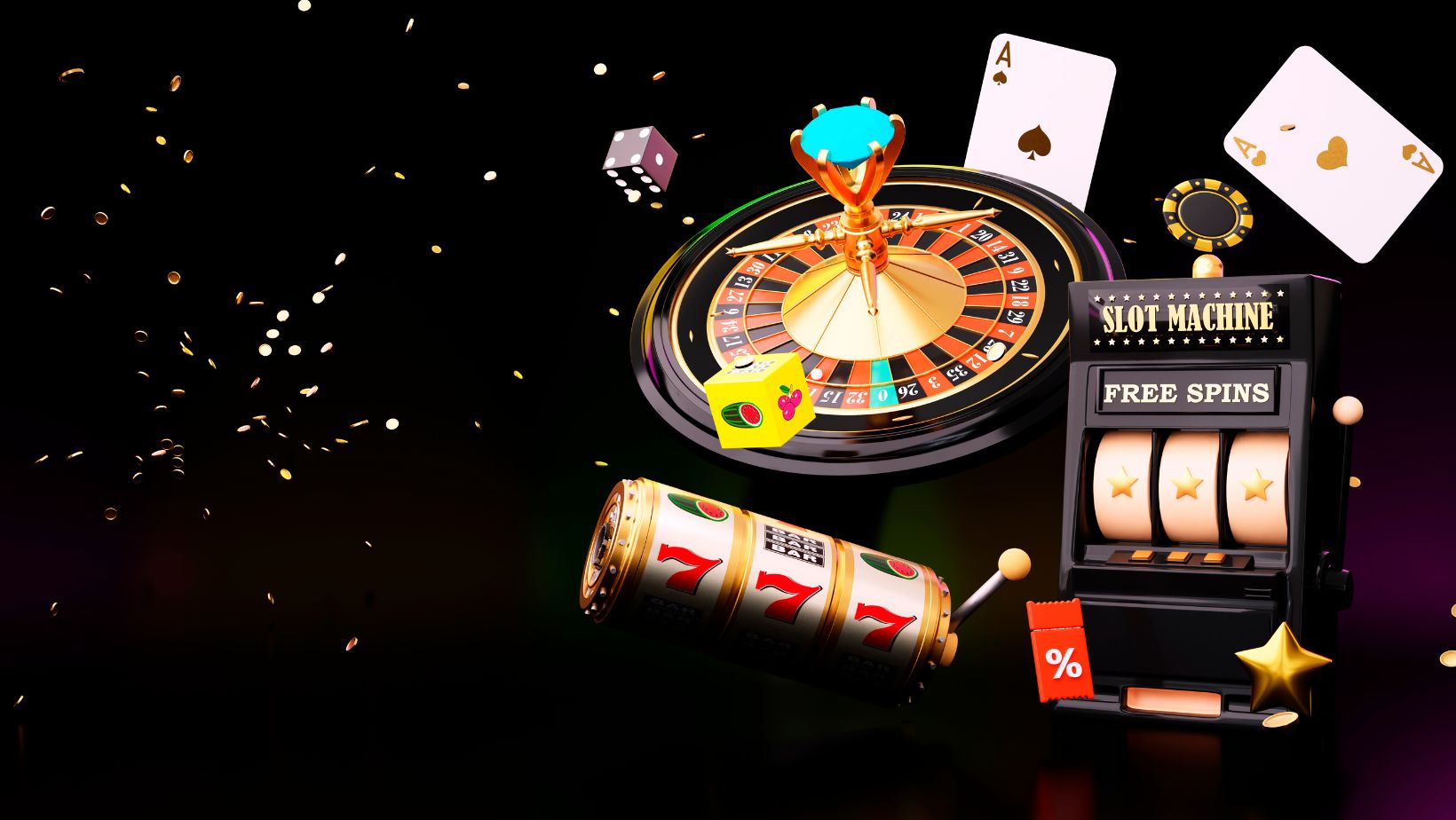It’s always a good feeling letting off some steam on a random Tuesday playing your favourite casino game. Most people just hit spin or deal and call it a day. But for the curious players, they want to know what kind of tech keeps all that excitement running.
It’s some of the most advanced tech in entertainment. From RNG to blockchain security, this world runs on code built to make players trust the game. Advanced countries like Canada use them to operate the gambling sector efficiently and securely. You don’t need to be a programmer to understand the tech. Anyone can keep up.
In Canada, online gaming has found its balance between fun and structure. Strict local rules ensure fairness, while new technology keeps the experience engaging and connected. It’s why Canadian live dealer casino sites are so beloved in the local gaming community. They let players join real tables and live games without leaving home.
Random Number Generators
If casino games had a heartbeat, it would most likely be the Random Number Generator (RNG). Without it, you really can’t know for sure that a spin, shuffle, and roll is random and fair. Even live dealer games rely on it. They need it to deliver real-time action, with live dealers and real wins that feel as authentic as a night at any land-based casino.
It works basically as math on autopilot. The algorithms just keep on spitting out thousands of number combinations per second, even when you’re not playing. The moment you hit spin, it locks in one of those numbers, deciding whether you hit the jackpot or just another near-miss.
Canadian regulators, like the AGCO in Ontario and the Kahnawake Gaming Commission in Quebec, make sure RNGs are certified and regularly tested by third-party labs. So no, the casino can’t rig the spin after you’ve clicked. Once that number’s generated, that’s it.
Game Engines That Do the Heavy Lifting
Casino games aren’t coded from scratch every time. They run on game engines, the same kind of software behind video games. Big names like Microgaming, Evolution Gaming, and Playtech use these engines to mix 3D graphics, sound, and motion into something that actually feels alive. That soft card flip, the hum of the slot machine, and the flash when you hit a win aren’t random. It’s all coded to pull you in.
The goal is not just to make games pretty. No, it’s to pull you into a digital world that reacts to you. The smoother it feels, the more real the game becomes.

What’s cool is how modular these engines are. Developers can tweak features, add bonus rounds, or design a new slot theme without rewriting everything. That’s why the market can pump out hundreds of new games a year. The tech’s flexible, and the demand is endless.
The Power of the Cloud
Most people don’t realize that modern casino platforms live in the cloud. Instead of running everything on your device, most of the heavy processing happens on remote servers. The shift is massive, with Canada’s cloud gaming market alone set to grow from $1.25 billion in 2025 to $7.85 billion by 2031.
That’s what makes online casinos so fast, even when thousands of people are playing at once. It’s also why updates roll out without you having to reinstall anything. The result is fewer crashes, smoother gameplay, and near-instant payouts.
Cloud systems also make regulation easier. If regulators or auditors ever need to check fairness or security, they can just pull the data instantly. No stress. Transparency is built right into the system.
Security Is the Real Game
Think of casino platforms as digital vaults that don’t just keep you entertained, but also handle your identity and your money. It’s why encryption and authentication protocols are at the center of everything.
Your login details, transactions, and payouts are all protected by end-to-end encryption. Many Canadian casinos use SSL/TLS (the same tech your bank uses) to keep personal info unreadable to anyone trying to snoop. Two-factor authentication and KYC checks also keep bots, scammers, and money-launderers far away. With the global mobile gambling market projected to hit $173.1 billion by 2030, that kind of security isn’t optional. It’s a must.
Blockchain and Smart Contracts
Blockchain isn’t as scary as it sounds. In casino tech, it’s actually pretty simple. Instead of relying on a centralized system, blockchain casinos use smart contracts. These bits of code automatically handle payouts, bonuses, and bets once certain conditions are met. No questions asked. The results of the game can also be verified by everyone on a public ledger. You can even check the contract code yourself to see exactly how it works.
Interest is growing among Canadian players. Blockchain-based casinos now appeal to those who want both entertainment and accountability: the two things traditional systems sometimes failed to deliver.
The AI Advantage
AI in casino gaming isn’t some creepy robot trying to outsmart you. It’s more of a really smart host who learns what you like just so it can give you a more exciting experience. It learns how you play, the games you stick with, how long you stay, and even how often you win or tap out. Then it uses all of that info to recommend games and give you bonuses that you actually care about. It’s basically Netflix, but for your casino mood.
There’s a safety side to it, too. AI spots unusual things like bots, shady bets, or irregular betting behaviour. That’s a win for both fairness and player protection. Nobody likes this more than Canadian regulators.
Mobile Gaming
Most Canadian players don’t sit at desktops anymore. They play on their phones, while on breaks, in cabs, or waiting for their coffee. That shift forced casino developers to rethink design from scratch.
Games now use responsive layouts, lighter code, and faster loading times. The same graphics that used to slow down browsers are now optimized for tiny screens. Mobile wallets help to make deposits seamless. No surprise the market is exploding; Canada’s online casino sector is set to reach $2.6 billion by 2030.
Developers even test games across devices and networks to make sure performance doesn’t slow down. For casino players, nothing, not even bad odds, kills engagement as lag does.

